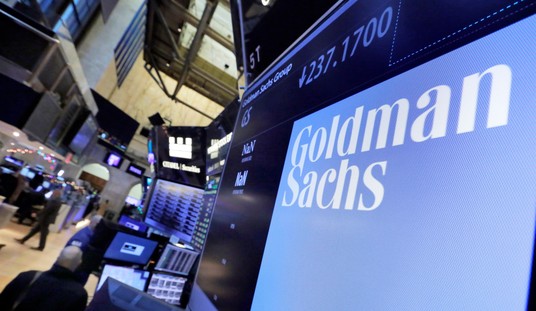
Biggie’s “mo money, mo problems” should be a saying as respected as Benjamin Franklin’s “death and taxes” quote, as the saying continues to prove to be true, even for those who are working for minimum wage.
According to a February survey by The Employment Policies Institute (EPI), out of 197 working economists, a whopping 74 percent are against raising the federal minimum wage to $15 an hour. On top of that, 43 percent think that the federal minimum wage should be tossed out as a whole.
The reason behind such a unification of thought is simple. Raising the wage has proven not to help anyone.
According to a 2017 study by EPI found that by 2022, a $15 an hour wage hike will cost Californians over 400,000 jobs once it’s fully implemented. These hiked wages will force businesses to cut back on employees and hours in an effort to maintain the balance. As a result, fast food workers and retail clerks would find themselves with no paycheck as opposed to a higher one.
And it’s already begun to happen.
The restaurant chain, Red Robin, was forced to lay off hundreds of busboys after wage hikes forced it to cut back on staff.
According to the Foundation for Economic Education, New York experienced a massive decline in jobs not seen since 9/11 after it passed a $15/hr minimum wage hike.
The lesson is clear. Raising the minimum wage does more to make you jobless than it does make you financially secure. Even larger corporations get around paying exorbitant wages by replacing their workers with automated machines that don’t call in sick, or protest outside of their restaurant.
As the examples of how negatively raised minimum wages affects the economy, economists are beginning to cast serious aspersions on how much the protesters are helping the people they represent.














Join the conversation as a VIP Member